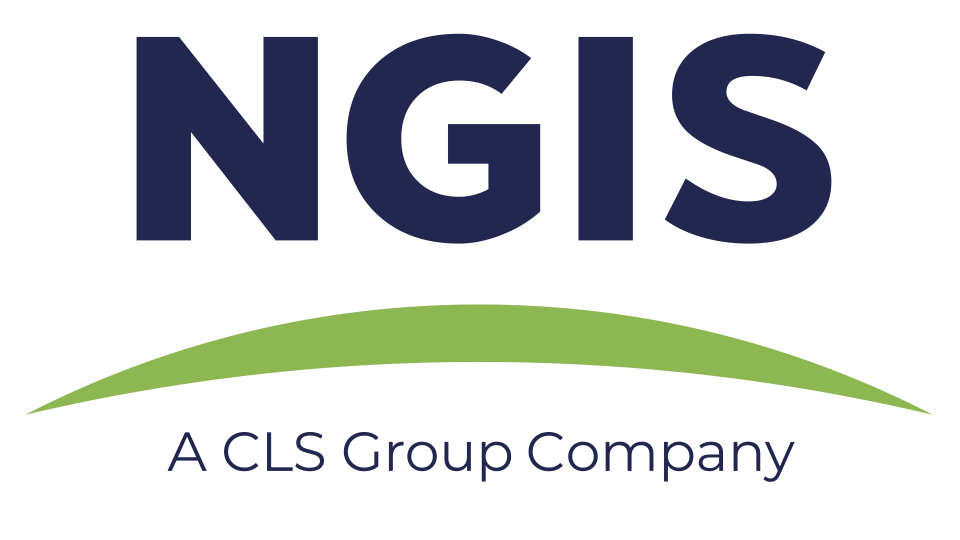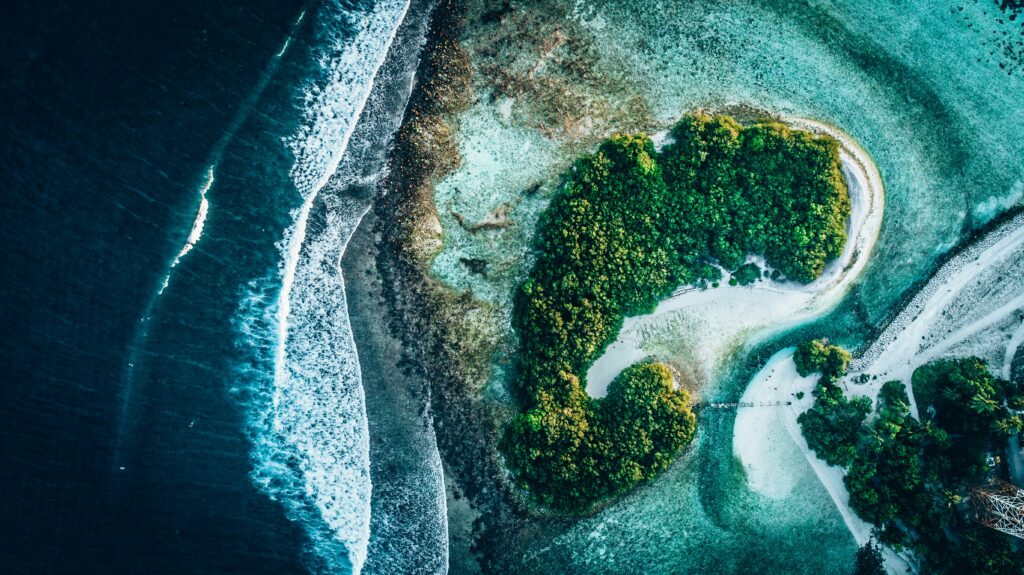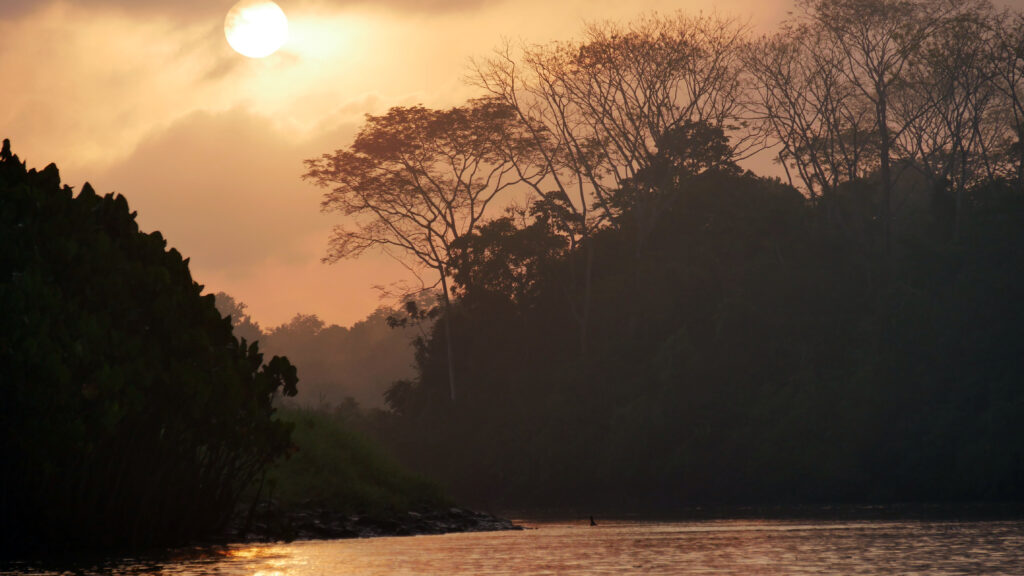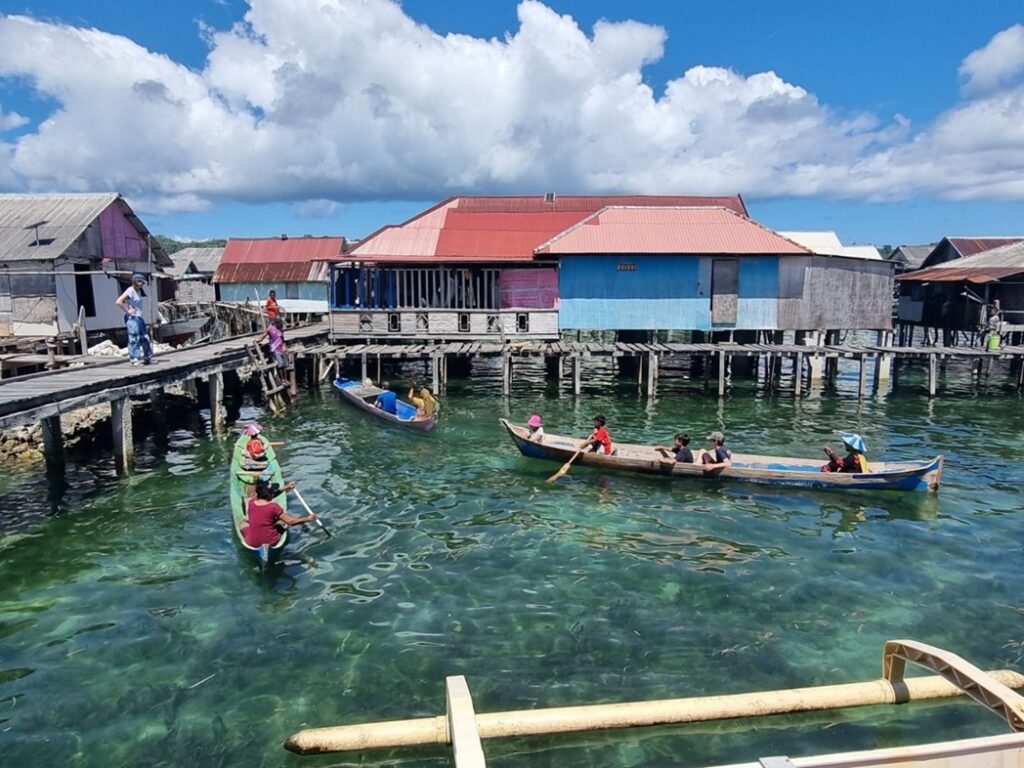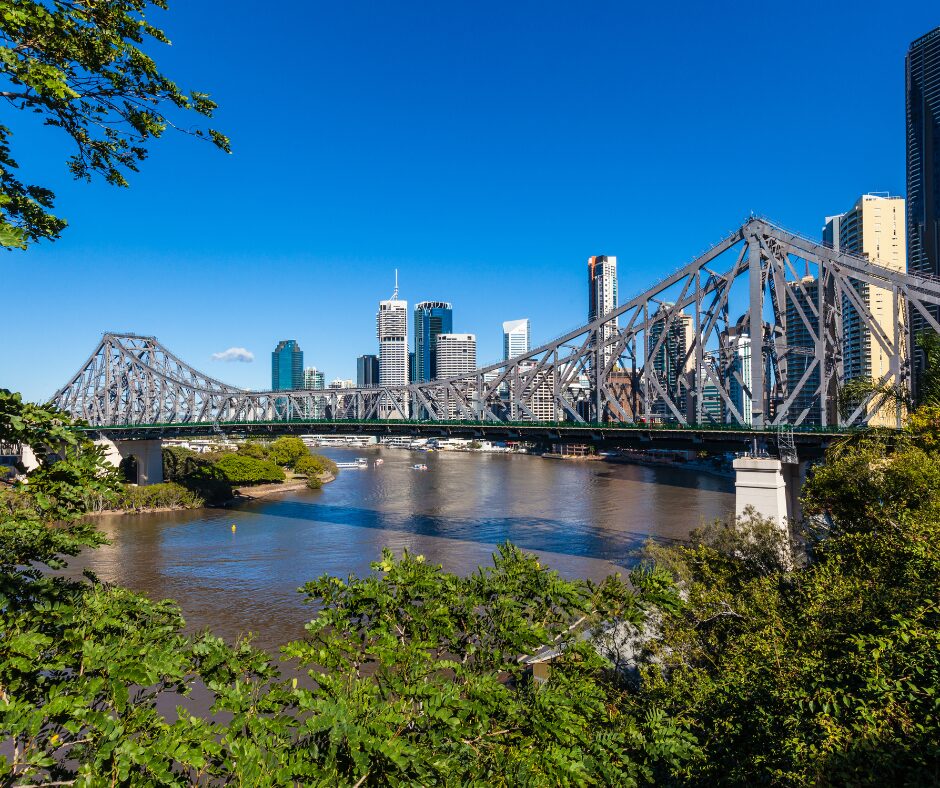Tracy goes to Google for the Geo for Good summit
Tracy, our Training Manager was one of the selected applicants who got to go on a fully paid week long immersive learning experience at the Google Headquarters in Silicon Valley. Now that she is back, we hear from her about the incredible experience.
Trip Report
I landed in San Francisco airport on a surprisingly sunny afternoon though it was quite windy. I was really excited to get off the plane after 30 hours of travelling.
On the first day of the summit, we were transferred in a shuttle bus full of eager participants. It was noisy, busy and the atmosphere in the bus was just eclectic. They were people from all corners of the world eagerly getting to know each other and the projects they were working on. There was an excited cacophony of languages and accents on board as we made our way to Googleplex.
Attendees
- There were 100 attendees from around the world working on non-profits and indigenous peoples. 60%+ of the audience had PhDs and interdisciplinary knowledge workforce ranging from data journalists, policy advocates, university researchers, directors and VPs, to GIS managers and technical officers. They were some very diverse skills and occupations, from world organisations to local NGOs, and government bodies: FAO Italy, WWF India, World Bank Brazil, Rio World Heritage Institute, Jane Goodall Institute, Department of Conservation New Zealand, eHealth Africa, USGS, National Geographic, Gates Foundation, Universities
The Week
The format of the week was broken into two parts. In the first part of the day, we heard from various participants and Googlers on the exciting ways they were using Geo for Good. In the second part of the day, we broke out into sessions to discuss specific Geo-tools, learned from each other and the Googlers. The energy was always great as the passion of the attendees really came through. We couldn’t stop talking to each other!
One of the highlights of the breakout session was the Google virtual reality workshop using Google Cardboard. This is where using streetview and a special app, you pop your phone into a cardboard box which immerses you in a virtuality reality experience! Check out this link for more information.
There were many interesting speakers but here are some of the highlights.
- Speaker from Amazon Conservation Team, talking about collaborative mapping of
Indigenous sacred sites in South America using Open Data Kit and Google Earth.
- Researcher from California Academy of Science introducing iNaturalist, a mobile app that encourages citizens to put nature on the map – a crowdsourcing approach to scaling biogeography.
- The Global Fishing Watch is the first project that traces global fishing activity to restore the health, abundance and sustainability of our oceans
- Founder from Arctic Eider Society talking about mapping community-driven sea ice research and Traditional Knowledge with Hudson Bay Inuit and Cree in the Canadian Arctic. Particularly interesting is the make of a documentary “People of a Feather”, all the narratives were generated from the local people. The underwater cinematography of the Eiders diving for food, fighting currents, struggling for life, is simply amazing.
- Founder of StoryCycle talking about stories from Everest: Map Based Storytelling in Nepal. Using Google imagery to look at the mountains in Nepal – for example a man who climbed Mt Everest 30 times!
The Social activities
On Wednesday night we all headed out on a self-organised karaoke night which was a lot of fun! One of the attendees said they had been waiting a whole year for this happen again!
Thursday night was very special as all the participants headed to California Academy of Science where we had a VIP room and experience including a spectacular Planetarium show aptly named’ Habitat Earth’. It showed how connected we are on the planet including work from some of the people in the room!
On Friday- we had an unconference. This is where the sessions are self-organised and anyone with something interesting can talk. Lots of themes and products and topics were discussed – such as indigenous mapping, health mapping, conservation mapping.
Key takeaway?
Geo tools are becoming more and more critical in our connected world. We can do so much more for good.
Overall, it was fantastic opportunity to engage with the Google Geo team on some of the cutting edge visions, to be inspired by the projects from around the world.
Click here for more information on the Geo for Good summit.
CLICK HERE TO SEE OUR WORK ON INTERNATIONAL PROJECTS FOR GOOD.
Related Articles
Here are more related articles you may be interested in.
